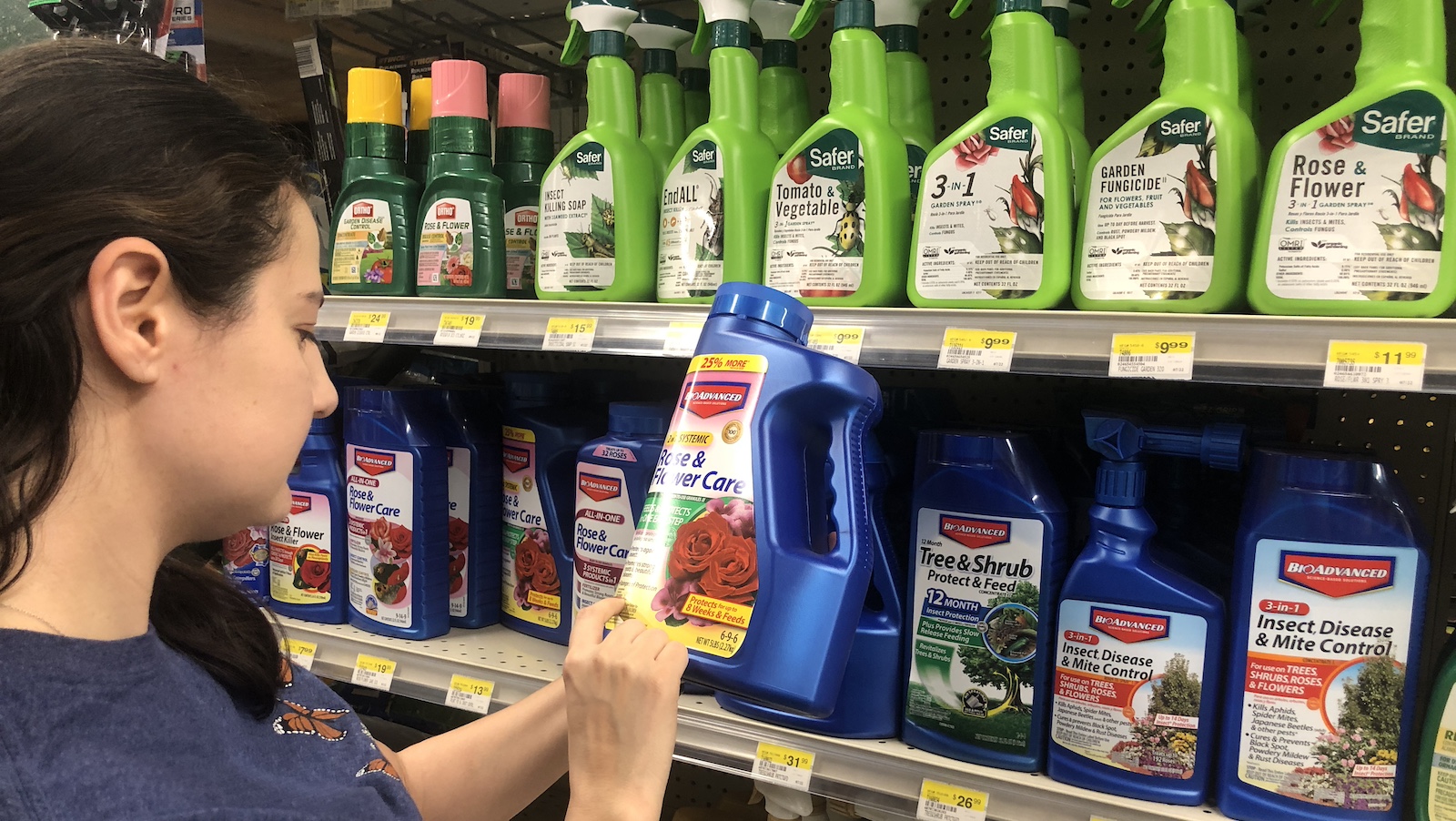
How to avoid bee-killing pesticides
To save the bees, you should avoid toxic bee-killing pesticides called neonicotinoids. Use our guide to identify which pesticides contain neonicotinoids.
The unnecessary use of pesticides is harming ecosystems and threatening our health.
If you’re lucky, you might see a summer’s field buzzing with bees or a flock of monarch butterflies undertaking their annual migration. But our country’s overuse of toxic pesticides is making such sights less common as it makes much of our country’s environment toxic. Seeping far beyond the initially treated zones, these pesticides are infiltrating our soil, water systems and food chains. Together, we can put our country on a safer path free of pesticides.
To save the bees, you should avoid toxic bee-killing pesticides called neonicotinoids. Use our guide to identify which pesticides contain neonicotinoids.
TAKE ACTION
Want to learn more about the toxic impacts pesticides are having on our ecosystems and wildlife?
The Baltimore City Council voted in favor of a new comprehensive regulation on pesticides (CB 20-0495). The bill restricts the use of chlorpyrifos, neonicotinoids and glyphosate (the main ingredient in the popular weed killer RoundUp) in Baltimore City. The regulation will go into effect on July 1, 2022.
The Baltimore City Council Health Committee voted favorably with amendments on CB 20-0495, a comprehensive regulation of pesticides. The bill restricts the use of chlorpyrifos, neonicotinoids, and glyphosate (the main ingredient in RoundUp) in Baltimore City.
Though the 2020 legislative session ended abruptly, we are proud of the work we did and the progress Marylanders made together.
Senior Director, Conservation America Campaign, Environment America
